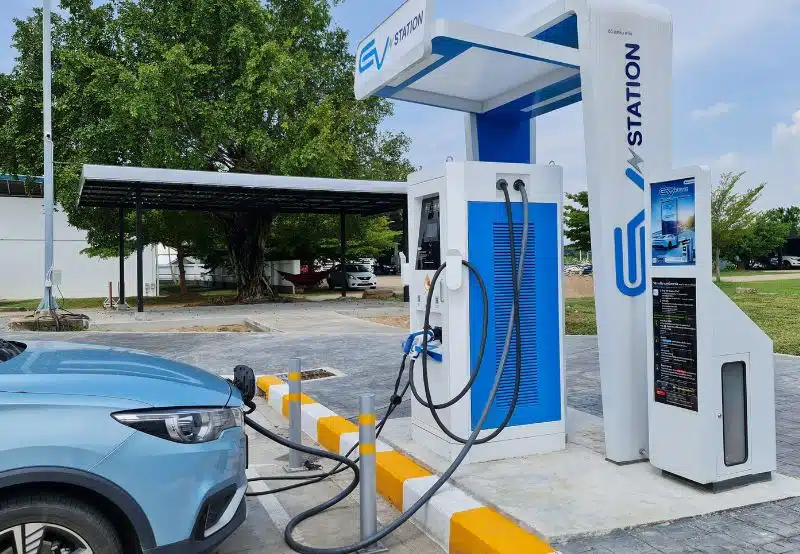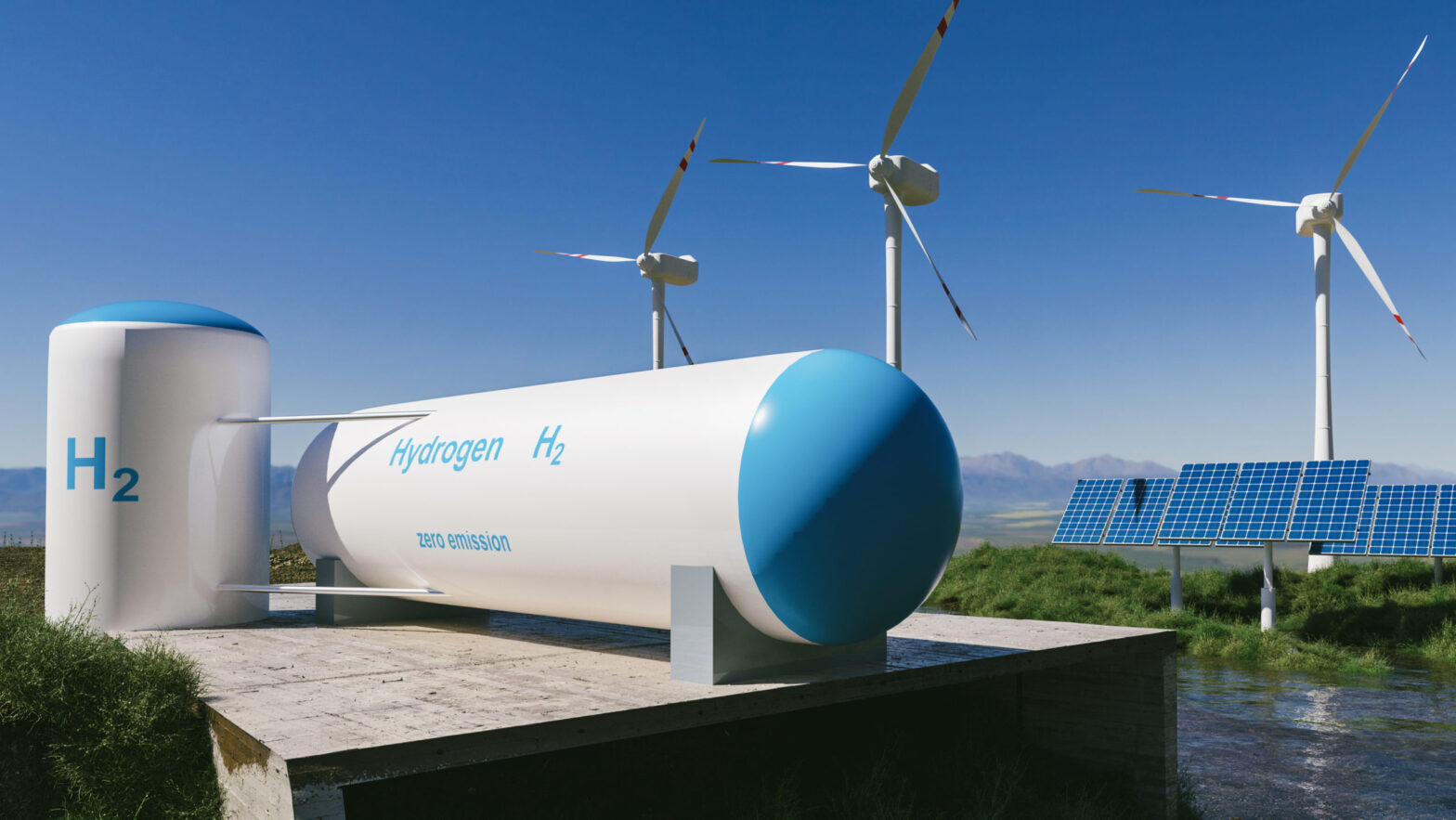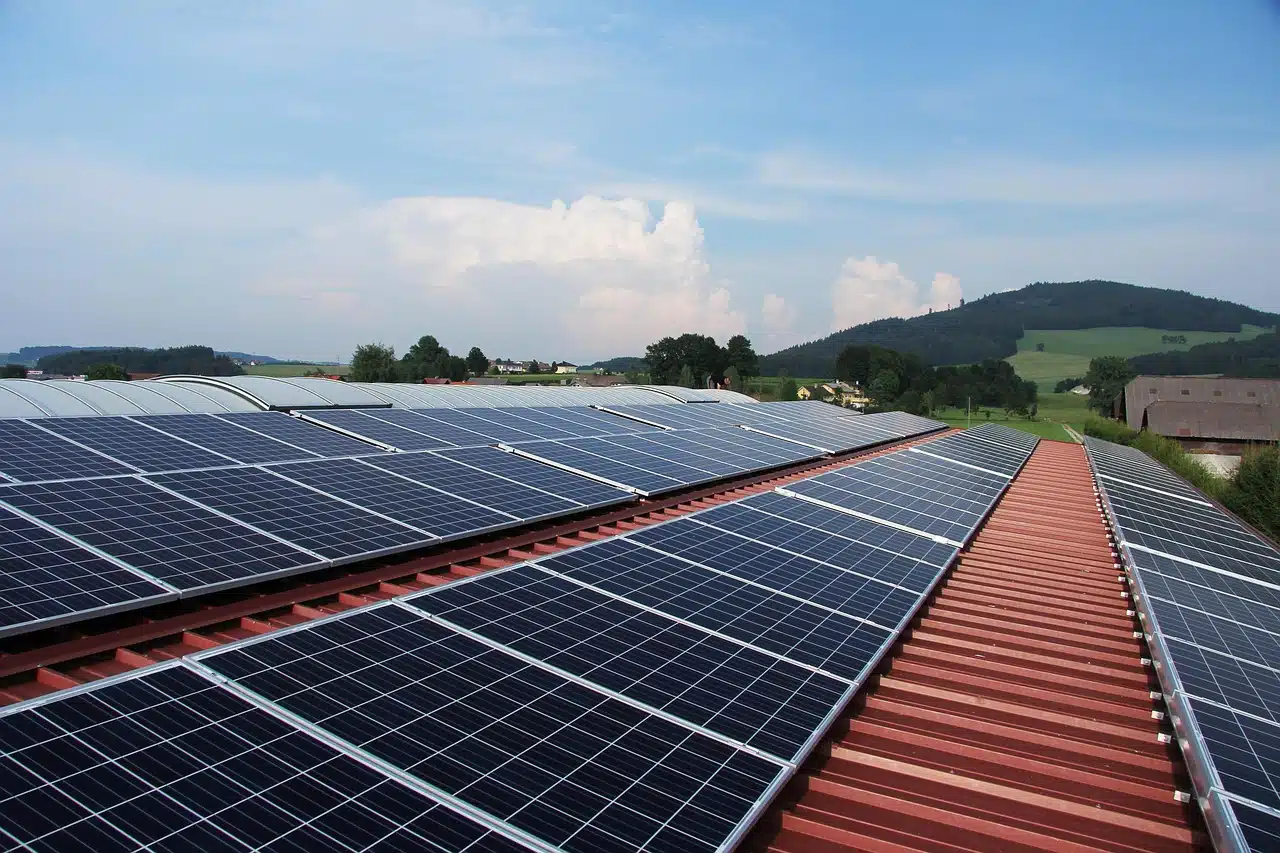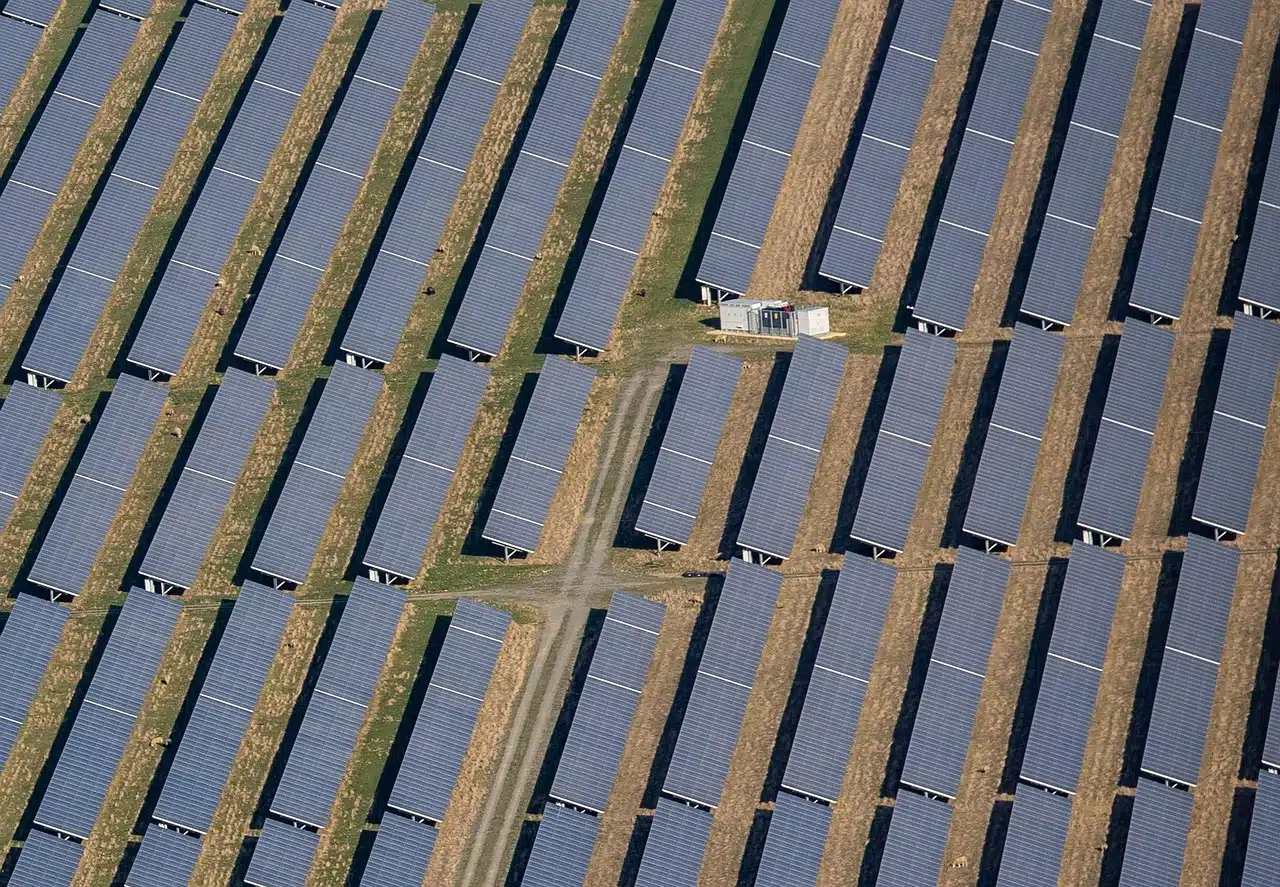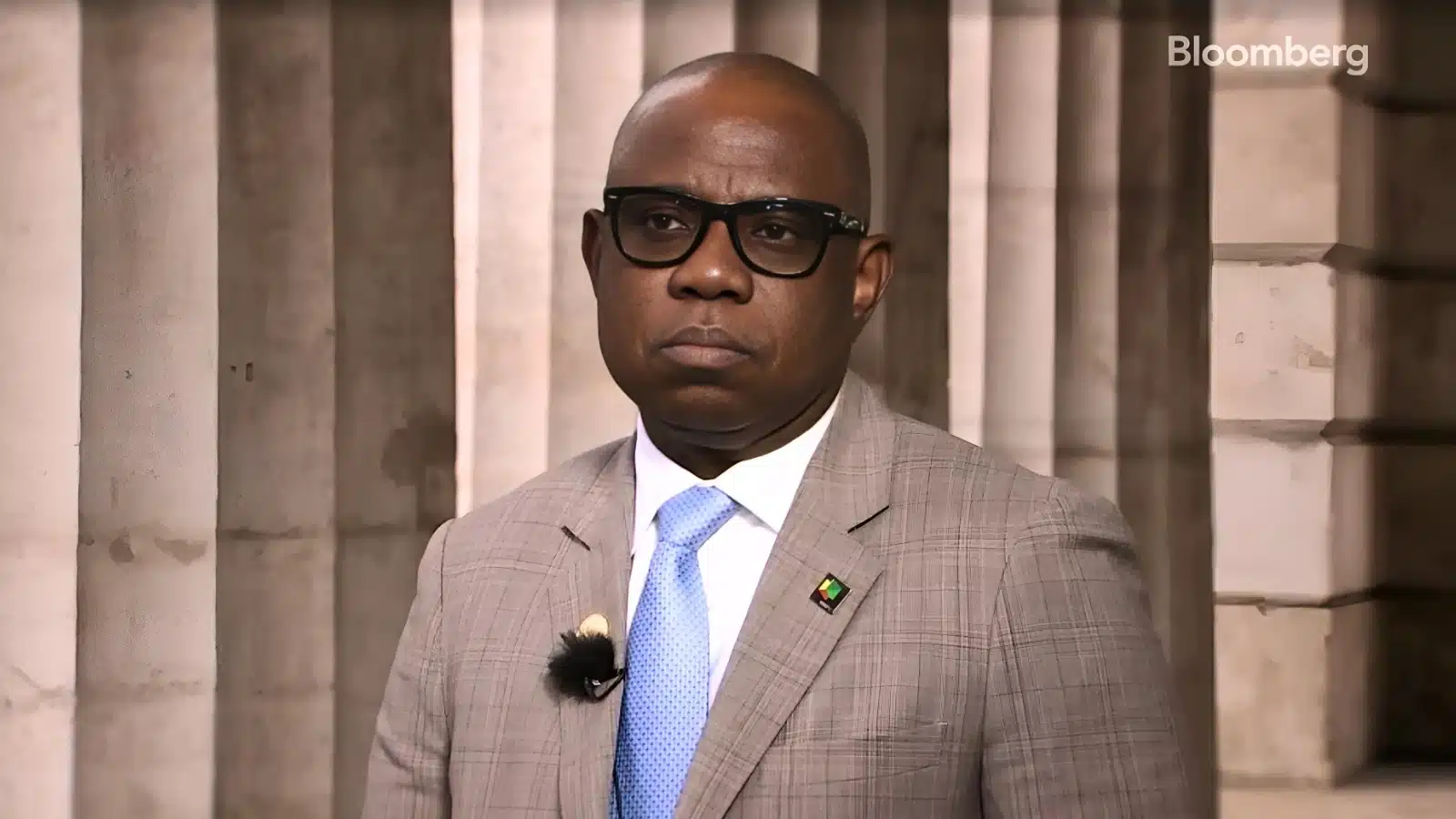Namibia’s Electricity Control Board (ECB) has approved a regulatory framework to guide the installation and operation of electric vehicle (EV) charging infrastructure across the South African country.
The ECB’s Chief Executive Officer, Robert Kahimise, announced the inauguration of the framework, highlighting its importance in driving the country’s transition to cleaner transportation.
He noted that the framework was earlier approved by the regulator’s board in August last year and serves as a roadmap for the development and management of EV charging infrastructure.
According to Kahimise, Namibia is poised to support the growth of electric vehicles by ensuring standardized, accessible, and well-regulated charging facilities nationwide.
“The public has come with queries on the regulatory framework around EVs in Namibia. I wish to confirm that the ECB developed this framework and it was approved by the board during its August 2024 meeting,” Kahimise said during a quarterly update into the ECB’s activities.
The Electric Vehicles’ Charging Infrastructure Regulatory Framework sets conditions for installing charging stations and provides guiding principles, including recommended standards for EV infrastructure.
“The framework also provides guidelines on pricing. I think I just indicated, for now, it’s for free, so, the framework also includes standards for pricing and resale mechanisms of EV charging stations,” he said.
In addition, Kahimise said that the framework would be implemented in phases, starting in April 2025.
“In the new financial year, starting in April 2025, the ECB will embark on the Framework Implementation Plan. This plan begins with the adoption of standards in collaboration with the Namibia Standards Institute (NSI), followed by a consumer education campaign to ensure that the public fully understands the Framework and its implications,” said Kahimise.
The regulatory framework comes as Namibia seeks to expand its EV market, aligning with global trends toward sustainable energy solutions.
Meanwhile, Simonis Storm Economist, Almandro Jansen, noted that while Namibia’s focus on sustainable energy and potential government incentives could accelerate EV adoption, a lack of charging stations remains a key barrier.
“The government’s role in incentivising this transition through policies on import duties and tax incentives could be pivotal in shaping Namibia’s vehicle market. Policies on vehicle taxation, EV incentives, and trade agreements will play a crucial role in the future trajectory of Namibia’s automotive sector,” Jansen explained.
Currently, Namibia has approximately 100 electric vehicles on the road, with the Nissan Leaf dominating the market. To support EV adoption, the country is actively working on setting up charging stations nationwide.
M&Z, a major player in the automotive industry, has already launched a fast-charging station with a capacity of 60kW/h.
Namibia has set ambitious targets for a greener transportation system, aiming to have 96,500 light vehicles converted to battery electric vehicles (BEVs) by 2025.

